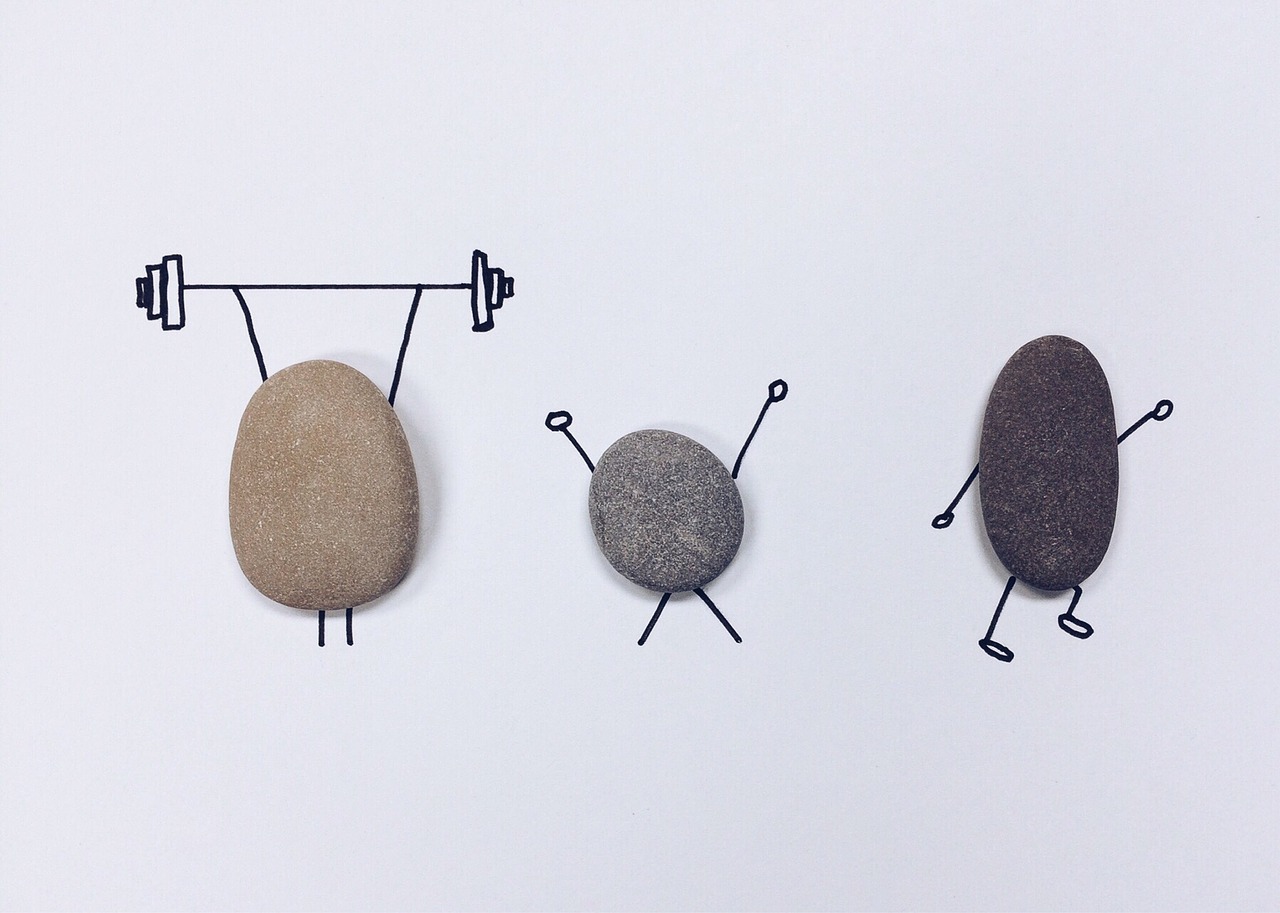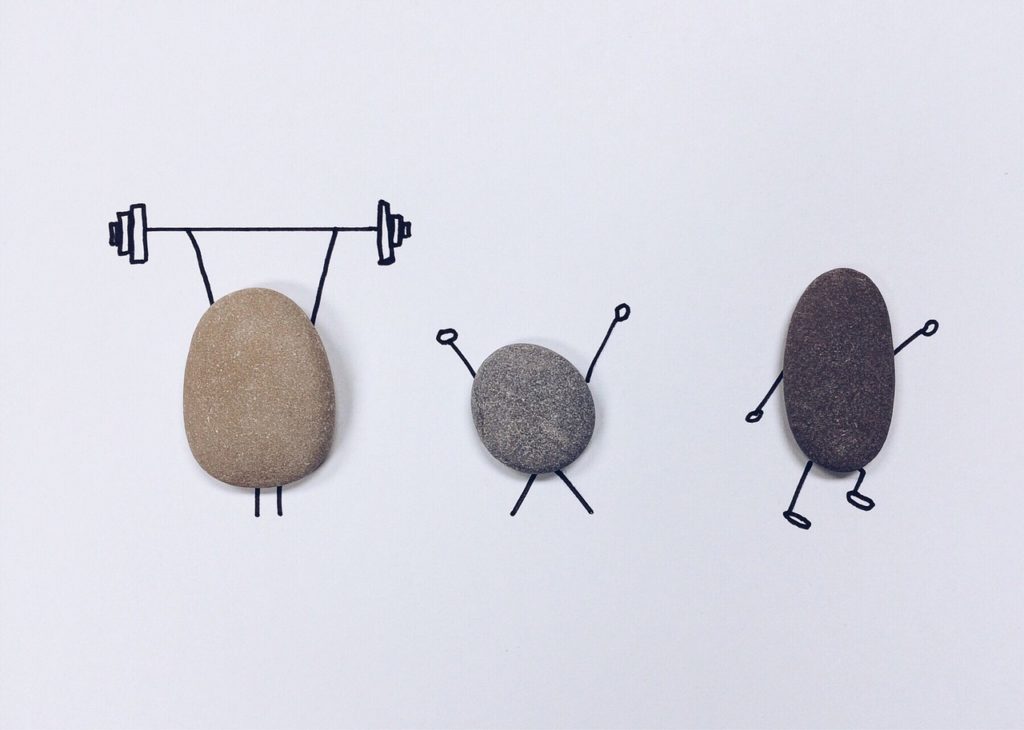
Let’s not make any mistakes or assumptions. Health and fitness blogging has changed the way a lot of people look at their efforts to live a healthier life. The proliferation of great advice has meant that it’s easier to get informed and start making positive changes in your life.
However, the unfortunate fact is that it has now also become easier to get hugely misinformed because of the amount of misinformation floating around the place. Let’s take a look at some of the signs that you could be getting led down the wrong path when looking for health advice online.

There are no single foods that will change your life
It’s a term that has rocketed in popularity in recent years. People have discovered “superfoods” that can instantly transform your diet. Just add these to your diet and you don’t need to make any other changes. The truth about “superfoods” is that they are, indeed, highly valuable in terms of nutrition. But the fact is that the elixir-like properties of said superfoods are often exaggerated.
Goji berries for breakfast aren’t going to make you immediately healthy. Nor do you have to turn to those superfoods that harder to find and more expensive to buy. Broccoli, for example, is just as nutritionally valuable as many of these touted superfoods. And you still need to balance it out with other foods throughout the day.
The money question
Indeed, the price of these so-called superfoods should be a cause for concern. For instance, unless you live near Brazil, the chances are that those much-praised acai berries are not only more expensive but more processed, where cheaper blueberries or Concord grapes could do the exact same thing for you.
Similar caution should be used when looking at exercise routines. Many of these routines advertise a starter price to hook you, but as the latest about PiYo details, to take one example, those costs soon skyrocket.
To get the full benefit of whatever knowledge these health experts have to share, you can end up shelling out cash in the three digits to get all the other recommended workouts that are supposed to supplement them. There are a lot of experts willing to share their knowledge for cheaper or even for free, so always be wary of the cash trap routines out there.

Routines without change won’t change you
You should also be wary of any health experts that tell you that making one change to your routine or just sticking to a few exercises they show will help you get a better body. Our bodies adapt to the pressure we put them under. The more we work out certain muscle groups without giving them a break, the harder it gets to build muscle there, for instance. You need to switch up your routine from time to time and ignore any online advice that tries to convince you otherwise.
Ignoring the core
There is a certain dissonance between aiming at real health and the fitness goals of many individuals. A lot of people are more concerned about the aesthetics of their body rather than their health. To that end, there are many online routines and experts who are willing to capitalize on that. We’ve all seen advice that’s aimed at helping you get a “beach body” or “longer muscles.”
For one, the latter piece of advice just isn’t true. There’s no way to lengthen your muscles supported by science at the moment. But make sure that any exercise advice you get that is supposed to help you reach that beach body also involves working out your core. It’s not just about being able to do core exercises like planking. Core strength improves your ability in all other forms of exercise. If you skip it, you are handicapping your progress.

Building a diet is always better than following a diet
This is perhaps the most important part of being a bit more sensible when following advice online. There’s no doubt that following a diet that’s already laid out for you can be convenient and make it easier to eat healthily at the start. But there are plenty of diets that rule out entire food groups, attempt to “detox” you, or involve fasting. The effects of these diets tend to range from unimpressive to downright harmful.
As you follow a diet, get to learn the nutritional content of what you’re eating and compare it to what you’re supposed to eat. Never take a diet’s word for it unless you’re receiving personal one-to-one advice from a qualified dietitian. Beware of those labeling themselves as nutritionists, as well. There’s every chance they might know what they’re talking about, but the fact is that it’s just a scientific sounding title. It’s not protected or a sign of real qualification, like the title of dietitian is.
If calorie control isn’t part of the plan, it’s not a good plan
Proper nutrition will always matter more than calorie control. Any diet that tells you to enjoy any foods you want so long as it’s within a certain calorie count will do you no good. In fact, beware of any that involve going beyond your metabolic rate, as they actually make it harder to lose weight. But any plan you follow should involve portion control. Especially if you want to lose weight. Thinking you can make up for extra calories with extra exercise is flawed thinking. Diet is 80% of weight loss, exercise is only 20% of it.

Supplement your knowledge
There are some supplements that have been proven to have positive effects, like creatine. But you should always be careful about following supplementary advice. Make sure you’re reading supplement advice from sources that let you know when they’re using affiliate links, for one. There’s a lot of advertising for supplements that goes into health advice, nowadays. But more important, make sure you consult your doctor before making any major changes to your diet.
Reading health advice online means becoming a little savvier about what, exactly, you’re reading. Cross-examine your sources to see if anyone else is backing them up or directly contradicting them. When in doubt, always consult your doctor.


